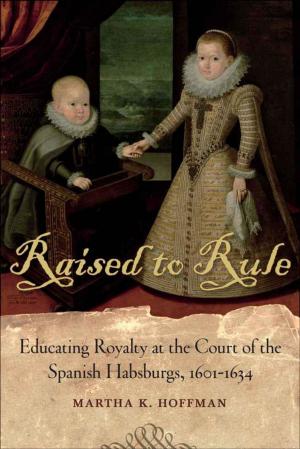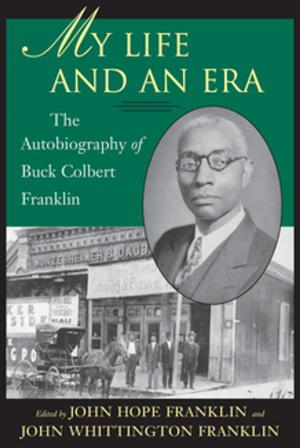Figure Studies
Poems
Nonfiction, Social & Cultural Studies, Social Science, Gender Studies, Fiction & Literature, Poetry| Author: | Claudia Emerson | ISBN: | 9780807143148 |
| Publisher: | LSU Press | Publication: | September 1, 2008 |
| Imprint: | LSU Press | Language: | English |
| Author: | Claudia Emerson |
| ISBN: | 9780807143148 |
| Publisher: | LSU Press |
| Publication: | September 1, 2008 |
| Imprint: | LSU Press |
| Language: | English |
Poet Claudia Emerson begins Figure Studies with a twenty-five-poem lyric sequence called "All Girls School," offering intricate views of a richly imagined boarding school for girls. Whether focused on a lesson, a teacher, or the girls themselves as they collectively "school" -- or refuse to -- the poems explore ways girls are "trained" in the broadest sense of the word."Gossips," the second section, is a shorter sequence narrated by women as they talk about other women in a variety of isolations; these poems, told from the outside looking in, highlight a speculative voicing of all the gossips cannot know. In "Early Lessons," the third section, children narrate as they also observe similarly solitary women, the children's innocence allowing them to see in farther than the gossips can. The fourth section offers studies of women and men in situations in which gender, with all of its complexities, figures powerfully.The follow-up to the Pulitzer Prize-winning collection Late Wife, Figure Studies upholds Emerson's place among contemporary poetry's elite.
The Mannequin above Main Street Motors
When the only ladies' dress shop closed, she was left on the street for trash, unsalvageable,
one arm missing, lost at the shoulder, one leg at the hip. But she was wearing a blue-sequined negligee
and blonde wig, so they helped themselves to her on a lark -- drunken impulse -- and for years kept her
leaning in a corner, beside an attic window, rendered invisible. The dusk
was also perpetual in the garage below,punctuated only by bare bulbs hung close
over the engines. An oily grime coated the walls, and a decade of calendars promoted
stock-car drivers, women in dated swimsuits, even their bodies out of fashion. Radio distorted
there; cigarette smoke moaned, the pedal steel conceding to that place a greater, echoing
sorrow. So, lame, forgotten prank, she remained,back turned forever to the dark storage
behind her, gaze leveled just above anyone's who could have looked up
to mistake in the cast of her face fresh longing -- her expression still reluctant figure for it.
Poet Claudia Emerson begins Figure Studies with a twenty-five-poem lyric sequence called "All Girls School," offering intricate views of a richly imagined boarding school for girls. Whether focused on a lesson, a teacher, or the girls themselves as they collectively "school" -- or refuse to -- the poems explore ways girls are "trained" in the broadest sense of the word."Gossips," the second section, is a shorter sequence narrated by women as they talk about other women in a variety of isolations; these poems, told from the outside looking in, highlight a speculative voicing of all the gossips cannot know. In "Early Lessons," the third section, children narrate as they also observe similarly solitary women, the children's innocence allowing them to see in farther than the gossips can. The fourth section offers studies of women and men in situations in which gender, with all of its complexities, figures powerfully.The follow-up to the Pulitzer Prize-winning collection Late Wife, Figure Studies upholds Emerson's place among contemporary poetry's elite.
The Mannequin above Main Street Motors
When the only ladies' dress shop closed, she was left on the street for trash, unsalvageable,
one arm missing, lost at the shoulder, one leg at the hip. But she was wearing a blue-sequined negligee
and blonde wig, so they helped themselves to her on a lark -- drunken impulse -- and for years kept her
leaning in a corner, beside an attic window, rendered invisible. The dusk
was also perpetual in the garage below,punctuated only by bare bulbs hung close
over the engines. An oily grime coated the walls, and a decade of calendars promoted
stock-car drivers, women in dated swimsuits, even their bodies out of fashion. Radio distorted
there; cigarette smoke moaned, the pedal steel conceding to that place a greater, echoing
sorrow. So, lame, forgotten prank, she remained,back turned forever to the dark storage
behind her, gaze leveled just above anyone's who could have looked up
to mistake in the cast of her face fresh longing -- her expression still reluctant figure for it.















